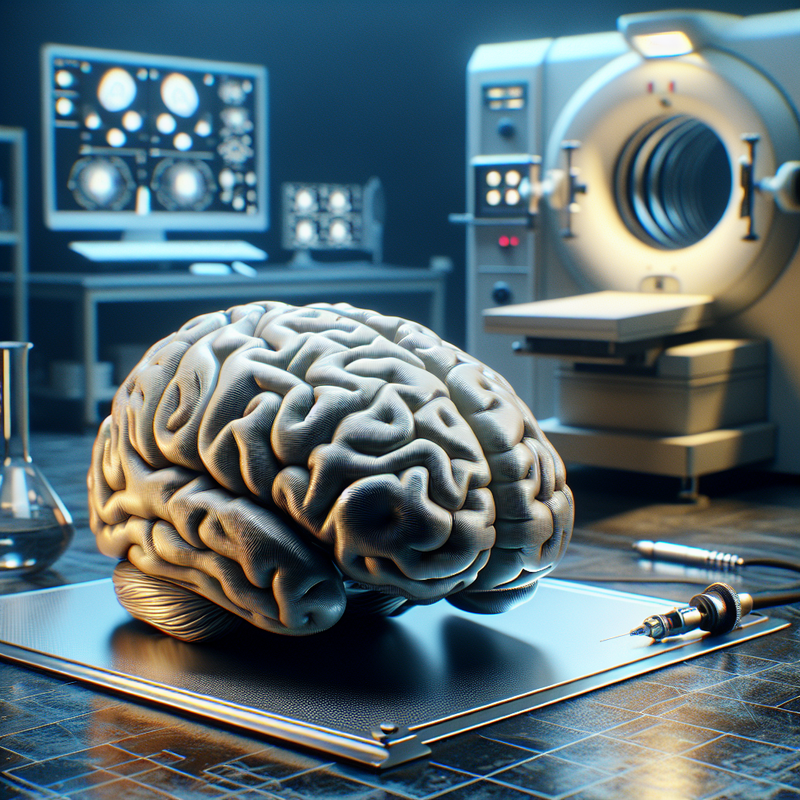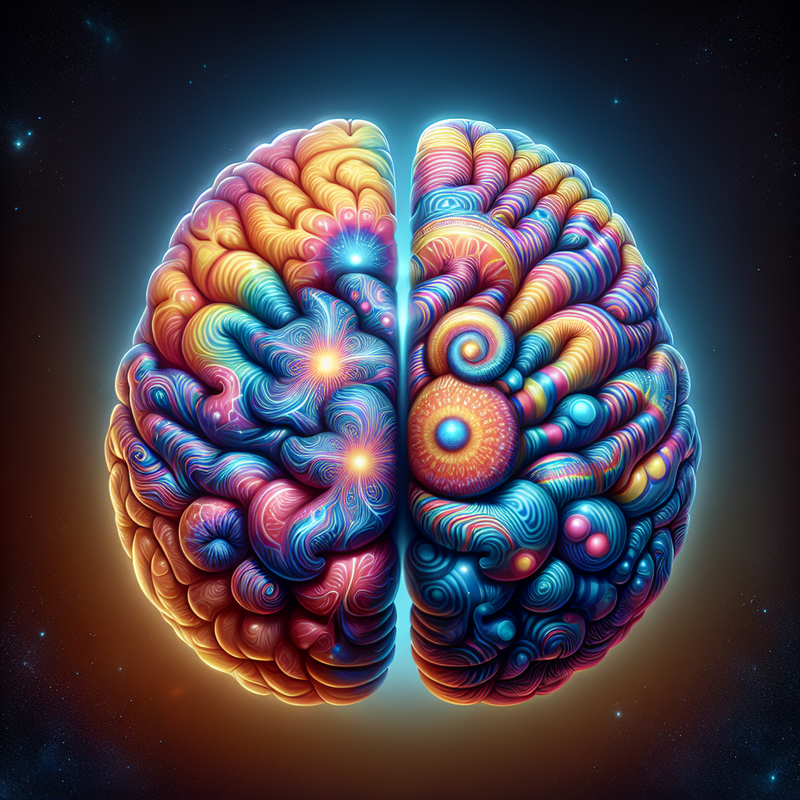Oxford University Spearheads Pioneering Consciousness Research
At the forefront of scientific exploration, Oxford University is undertaking a pivotal expedition into the perplexing domain of consciousness. The institution’s own Professor Ole Jensen, as part of the Cogitate Consortium of global experts, has launched a pioneering study that rigorously tests established consciousness theories.
For ages, consciousness has remained a profound riddle, spurring inquiries into how physical brain activities translate to personal experiences, like identifying a person or savoring a piece of music. Addressing these profound questions, the consortium took on the challenge of testing two prominent models: Stanislas Dehaene’s Global Neuronal Workspace Theory (GNWT) and Giulio Tononi’s Integrated Information Theory (IIT).
Unlocking the Mysteries of Consciousness
Marking a unique venture, the study adopts ‘adversarial collaboration,’ a concept introduced by Nobel Prize winner Daniel Kahneman. This framework is designed to eliminate confirmation bias by mandating the upfront registration of predictions, methodologies, and analysis plans, thereby fostering a more objective and transparent research process.
As one consortium member remarked, “Adversarial collaboration demands courage. It compels researchers to venture beyond their comfort zones and to reckon with the possibility that their life’s work might not endure rigorous testing.”
Stanislas Dehaene and Giulio Tononi, the brains behind GNWT and IIT, bravely joined the endeavor, overseen by a neutral adjudicating group. The consortium, spearheaded by Oxford, crafted an intricate study with over 250 participants, using an array of sophisticated neuroimaging techniques, including functional MRI (fMRI), magnetoencephalography (MEG), and intracranial EEG recordings in epilepsy patients.
Innovative Adversarial Research Collaboration
Those interested in the intricate details of this unprecedented study will find them on the University of Oxford’s Department of Experimental Psychology website. The findings hold the promise of promoting a significant shift in the understanding of consciousness and establishing a new model for cooperative scientific progress.




